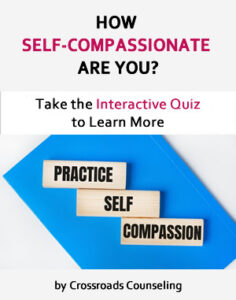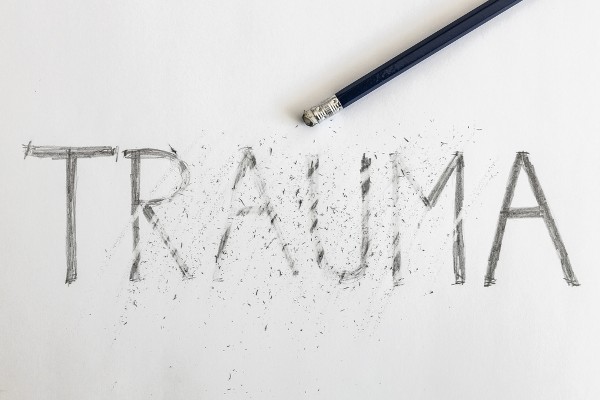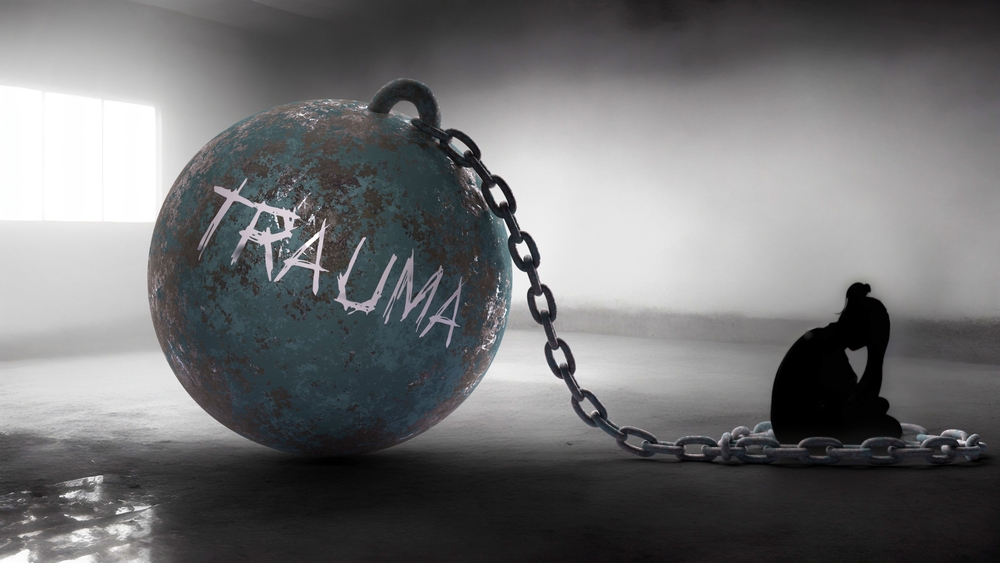Trauma leaves a lasting imprint on someone’s life. In the aftermath of a distressing event, it’s not uncommon for someone to struggle to get through each day. Feeling haunted by past memories can leave a sour taste in the present moment and for the future.
Trauma occurs when someone experiences any type of event that is highly distressing or emotional. Some of the most common traumatic experiences we can go through are:
- Domestic or sexual abuse
- Car accidents
- The loss of a loved one or friend
- Serving in the military
- Witnessing or being the victim of a crime
No two people will experience the aftermath of trauma and its symptoms in the same exact way. With that said, however, we can say that the brain, more than less, is impacted in the same general ways.
How Does Trauma Impact the Brain?
The Amygdala
One of the amygdala’s main jobs is emotional regulation. It’s also the part of the brain that activates our survival instincts. You likely have heard of the fight-or-flight response developed by our ancient ancestors to keep them alive. They could either stay and fight through danger to survive, or they could run and flee.
Even though we don’t encounter this type of danger daily, our brain still remembers this response. Not only is it activated when you have anxiety, but it kicks into high gear during traumatic experiences.
When going through a traumatic situation, your brain does everything possible to protect you. It may try to block out certain sights, sounds, or bodily sensations. This is useful in the moment, but it does more harm than good in the long term. Once the traumatic experience is over, these blocked memories are still there—they are just hard to recall.
This causes the amygdala to become hyperactive in the short- and long-term. This hyperactivity makes someone feel on edge and restless, unable to relax. Additionally, it keeps you in a hypervigilant state of your surroundings. As a result, it’s not uncommon for someone who has experienced trauma to not be able to try anything new or go someplace they aren’t familiar with.
The Hippocampus
The hippocampus is responsible for memory and learning. While the brain, as a whole, does not shrink or enlarge, certain areas of it can — including the hippocampus. Scientific research has discovered that prolonged exposure to high levels of stress will cause the hippocampus to shrink.
Shrinking of the hippocampus can lead to memory issues and this is especially true for someone who went through something traumatic. In the aftermath of trauma, a survivor will struggle with experiencing vivid memories or flashbacks of the event. However, other memories or sensations of the trauma may become cloudy or hazy.
The Prefrontal Cortex
Another key area for emotional regulation is the prefrontal cortex. The prefrontal cortex and amygdala work as a team of sorts. The prefrontal cortex is supposed to send a signal to the amygdala that you are safe, keeping tension and stress down. After a traumatic experience, it’s not uncommon for the prefrontal cortex to stop functioning properly and sending the proper signal. Instead, if often sends the wrong signal to the amygdala that you are in danger. Resulting in a cycle of anxiety and tension that never really goes away.
What To Know About The Brain
Many people believe that after you become an adult, your brain cannot change. That could not be any further from the truth. In fact, thanks to the brain’s neuroplasticity, nothing is set in stone. That means that while trauma can impact the brain, the figurative damage to it can be undone. The brain is fully capable of not only healing itself but also providing relief from challenging PTSD symptoms.
If you are interested in learning more about trauma therapy to the Beyond Trauma therapy intensive program don’t hesitate to reach out to learn more. Crossroads also offer group therapy for trauma as part of the Beyond Trauma therapy program.
Begin Working With a Trauma Therapist in Phoenix, Scottsdale, And Online in Arizona
May is Mental Health Awareness Month! Every week during the month of May Crossroads Counseling will post a new mental health blog to increase awareness of mental health and counseling resources in Phoenix, Scottsdale, and online in Arizona.
To talk to a mental health professional about starting counseling or therapy please feel free to learn more about our practice by visiting our about page, FAQ, and blog, or read more about our staff members to start finding your best therapeutic fit! Call us at 623-680-3486, text 623-688-5115, or email info@crossroadsfcc.com for more information!
- Contact Crossroads Counseling for a complimentary 20-minute phone consult
- Meet with a trauma therapist
- Start your journey towards healing!










